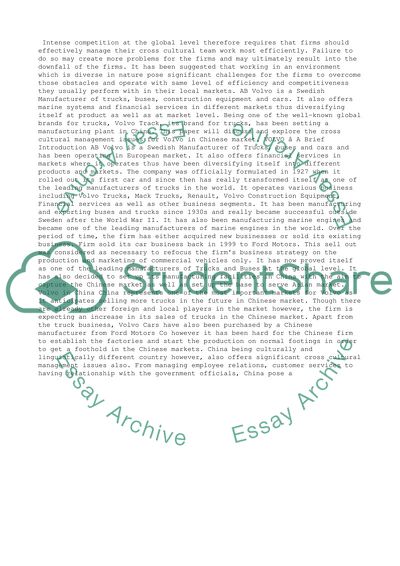Cite this document
(“Cross cultural issues in international business Essay”, n.d.)
Cross cultural issues in international business Essay. Retrieved from https://studentshare.org/business/1403357-cross-cultural-issues-in-international-business
Cross cultural issues in international business Essay. Retrieved from https://studentshare.org/business/1403357-cross-cultural-issues-in-international-business
(Cross Cultural Issues in International Business Essay)
Cross Cultural Issues in International Business Essay. https://studentshare.org/business/1403357-cross-cultural-issues-in-international-business.
Cross Cultural Issues in International Business Essay. https://studentshare.org/business/1403357-cross-cultural-issues-in-international-business.
“Cross Cultural Issues in International Business Essay”, n.d. https://studentshare.org/business/1403357-cross-cultural-issues-in-international-business.


